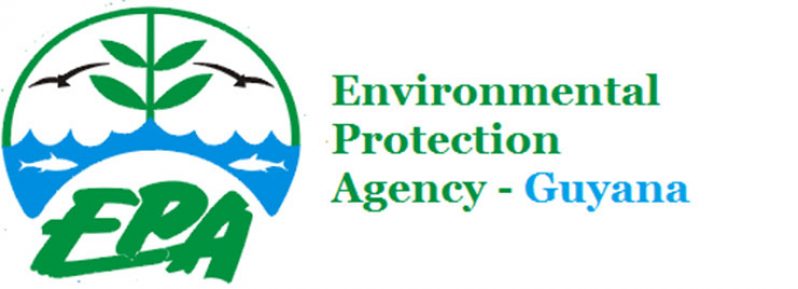As we continue to celebrate 35 years of progress towards the preservation of the ozone layer, let us look back on some critical achievements of the Montreal Protocol.
Ozone-depleting substances (ODS) are man-made chemicals that, when released into the atmosphere, can cause the depletion of the Ozone Layer. This leads to increased levels of ultraviolet radiation reaching the earth’s surface, which results in higher rates of skin cancer, eye cataracts and damage to people’s immune systems. It also diminishes the productivity of food crops and reduces plankton levels in the ocean.
Since 1987 the Montreal Protocol has sought to reverse past damage done to the ozone layer by supporting efforts to eliminate the consumption and production of ODS. More than three decades later, the Montreal Protocol has been ratified by over 190 countries, including Guyana, each of which has committed to meeting strict time-bound reduction obligations for each of nearly 100 substances controlled by the protocol. Accumulating evidence shows massive reductions in ODS use worldwide. Production of ODS declined from 1.8 million tonnes in 1987 to 83,000 tonnes in 2005.
Key achievements of the Montreal Protocol
✔ Global participation – Over 190 countries and the European Community have ratified the Protocol. This high degree of participation has contributed to global compliance with the Montreal Protocol targets and serves as a blueprint for global cooperation on environmental issues
✔ Elimination of ozone depleting substances – As of 2005, the Parties of the Protocol have phased out the production and consumption of over 95 percent of all of the chemicals controlled by the Protocol
✔ Healing the ozone layer – Global observations have verified that atmospheric levels of key ODS are decreasing, and it is believed that with implementation of the Protocol’s provisions the ozone layer should return to pre-1980 levels by 2050 to 2075
✔ Supporting developing countries – With the assistance of the Multilateral Fund for the implementation of the Montreal Protocol, developing countries have permanently phased out, as of 2005, over 190,000 tonnes of ODS, constituting over 70 percent of developing country total. Further, projects designed to reduce over 90 percent of the remaining developing country production have already been agreed;
✔ High rates of compliance – In the process of the phase-out, many countries, both developed and developing, have met their phased out targets well ahead of schedule. Did you know that Guyana achieved the target of phasing out ODS two years before the global target;
✔ Health benefits – Controls implemented under the Montreal Protocol have enabled the global community to avoid millions of cases of fatal skin cancer and tens of millions of cases of non-fatal skin cancer and cataracts. The United States estimates that by the year 2165 more than 6.3 million skin cancer deaths will have been avoided in that country alone, and that efforts to protect the ozone layer will have saved it an estimated $4.2 trillion in health care costs over the period 1990-2165;
✔ Climate change benefits – The Protocol has also delivered substantial climate benefits. Because ODS are also global warming gases, the reduction in ODS between 1990, when they reached peak level, and the year 2000 has yielded a net integrated reduction of approximately 25 billion tonnes of CO2 weighted global warming gasses. These significant reductions make the Montreal Protocol on of the prime global contributors in the fight against global warming.
We invite you to check our Facebook page and Instagram account for photos of our joint outreach to schools in Berbice which were conducted in celebration of Ozone Day.
You can share your ideas and questions by sending letters to: “Our Earth, Our Environment”, C/O Communications, Environmental Protection Agency, Ganges Street, Sophia, GEORGETOWN, or email us at: eit.epaguyana@gmail.com. Follow us on Facebook and Instagram and subscribe to our YouTube channel.




.png)









